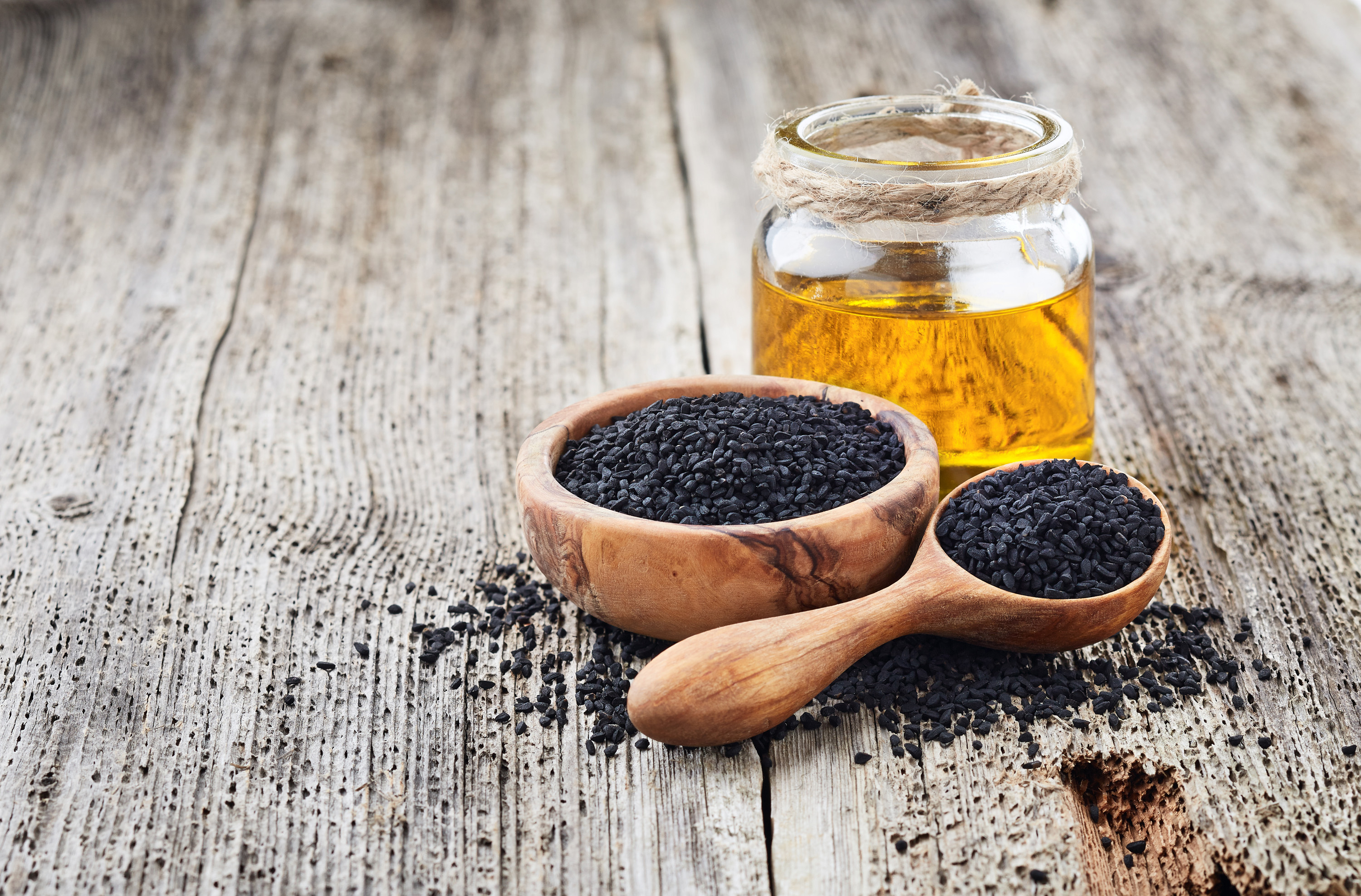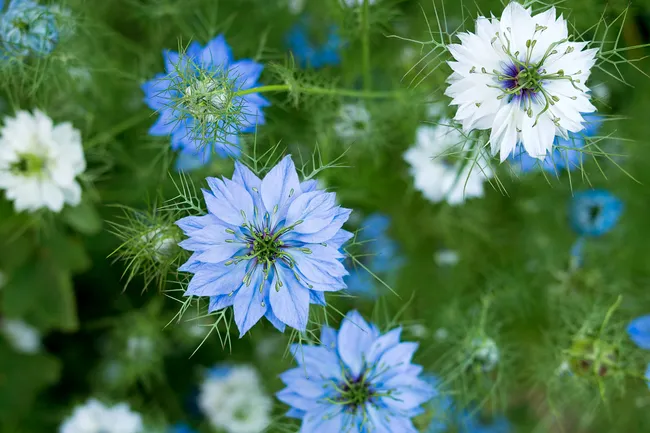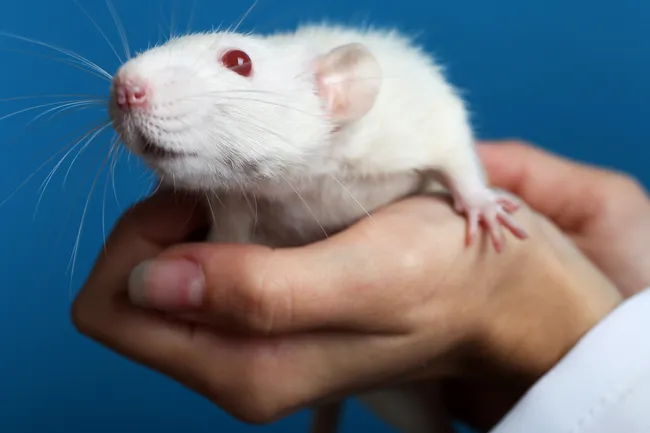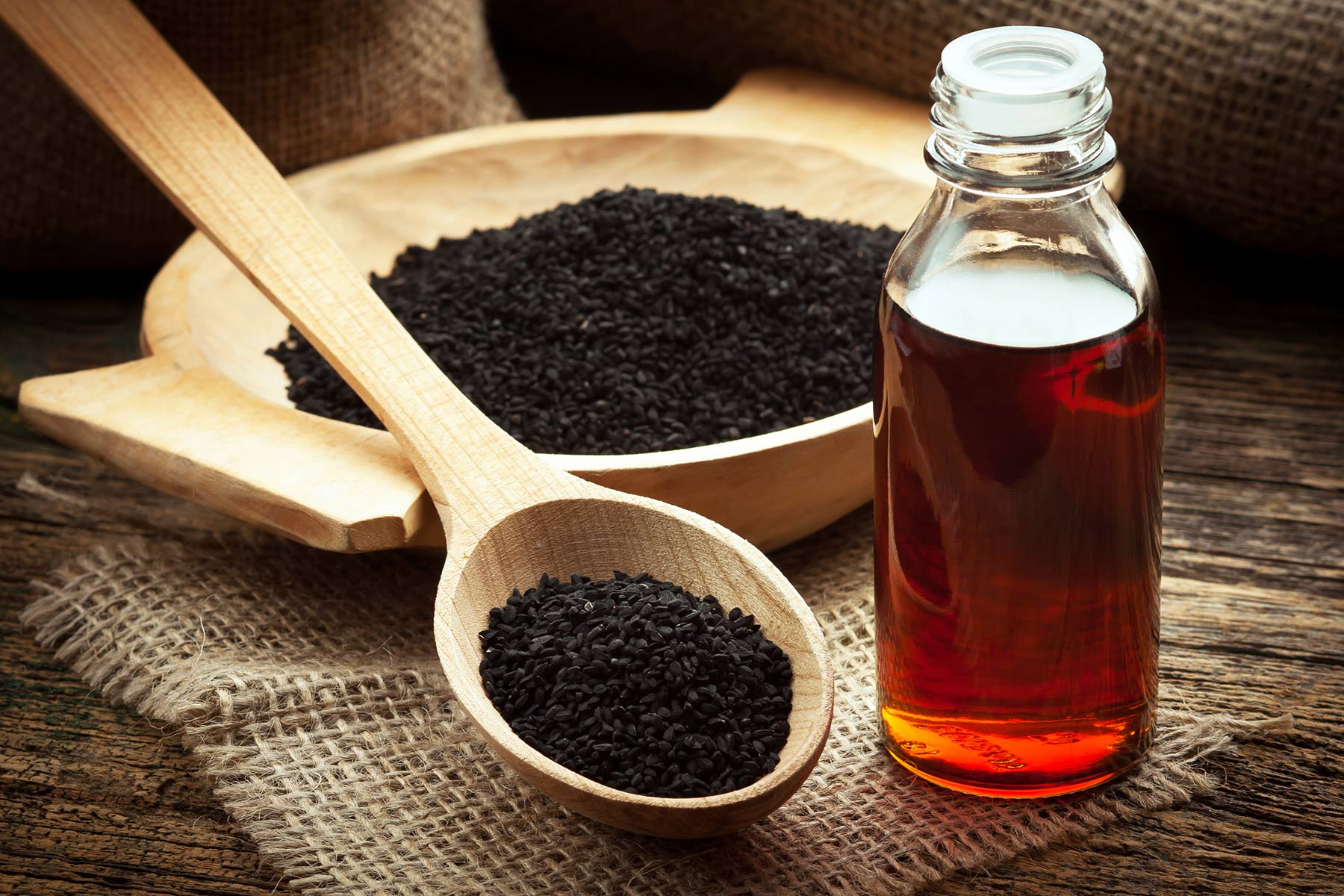The Health and Beauty Benefits of Black Seed Oil
What is black seed oil?

Nigella sativa is a small flowering shrub with purple or white-tinged flowers that grows in Eastern Europe, the Middle East, and western Asia.
While it may look unsuspecting, the shrub produces fruits that have tiny black seeds. These black seeds have been used in remedies for thousands of years.
Archaeologists even found black seeds in King Tut’s tomb, emphasizing their importance in history for healing and protection. They’re also used in cooking to add flavor to breads, curries, and pickles. When eaten, the seeds have a bitter flavor that’s often compared to cumin or oregano.
Some additional names for black seed oil include:
- black caraway
- black cumin
- black onion seed
- kalonji
Black seed oil has been shown to have antioxidant properties. These can help relieve inflammation inside the body and on the skin. Herbs and supplements are not monitored by the FDA. Research and use reputable brands.
Black seed oil health benefits
1. Fights Inflammation
Black seed oil has been in use for thousands of years for medicine, food, and even cosmetics. Today, many people reach for it for the same reason you’d take an aspirin or ibuprofen: In hopes that it targets inflammation and tamps it down. It also has substances that can help protect cells from damage.
2. Allergies

In one small study, people put black seed oil drops in their noses to treat mild, moderate, or severe cases of allergic rhinitis, aka hay fever. After 6 weeks, more than 9 of 10 people said their sneezing, itchy eyes, stuffy nose, and other symptoms got better or went away completely. That was true for just 3 in 10 people in the group that used regular food oil. More research is needed. Ask your doctor if black seed oil is right for your condition.
3. Acne

If Cleopatra had pimples, she probably dabbed on black seed oil to clear them up. For centuries it’s been used to treat rashes, psoriasis, and skin inflammation. Studies suggest that black seed oil may work just as well as benzoyl for acne.
4. Cancer

Black seed oil is pressed from the seeds of a flowering shrub, Nigella sativa. The plant is packed with thymoquinone, a compound which may have cancer-fighting powers. In rats, it shrank tumors and slowed their growth as well as protected tissue from radiation damage. But we need more proof to know if it might help humans.
5. In the Kitchen

The seeds from N. sativa go by the names black seeds, black cumin, black caraway, and kalonji. You can use them or their oil like cumin or oregano to spice curry dishes, pickles, and bread.
6. Asthma

This is when your airways swell up and make it hard to breathe. One well-designed but small study found that black seed oil helped control asthma symptoms better than dummy treatments. Researchers think that someday, the oil could be added to regular asthma therapy.
7. Heart Benefits

In many parts of the world, Nigella sativa seeds are used as traditional medicine for obesity, diabetes, and high blood pressure. In some small studies, supplements made with it have shown to lower levels of cholesterol and blood fats called triglycerides. Taking powdered (but not oil) supplement may even boost your “good” cholesterol when coupled with aerobic exercise.
8. Rheumatoid Arthritis

This autoimmune disorder can swell your joints and wear down your bones. One small study suggests that taking black seed oil every day may lessen joint swelling and stiffness. With more evidence, it may be a helpful add-on therapy for RA.
9. Male Fertility

Studies with both infertile men and rats have found that black seed oil can boost sperm count and help sperm swim faster. Antioxidants in the oil likely help protect sperm from damage. But more clinical trials are needed to know if the oil can be a good treatment for male infertility.
10. Where to Find It

Most people think black seed oil has a very strong, bitter taste. That’s probably why many mix it with sugar or honey. You can buy it in health food stores and online in liquid and capsule form. Lotions, makeup, and other beauty products also use it.
11. Side Effects

N. sativa is one of the world’s most common medicinal plants. So it’s generally safe. But large amounts of black seed oil have caused liver and kidney damage in rats. It also may slow blood clotting time and make bleeding more likely.
12. Dosage

We don’t know how much black seed oil is safe to take. But the usual doses that people try are between 200 milligrams and 2,000 milligrams a day.





